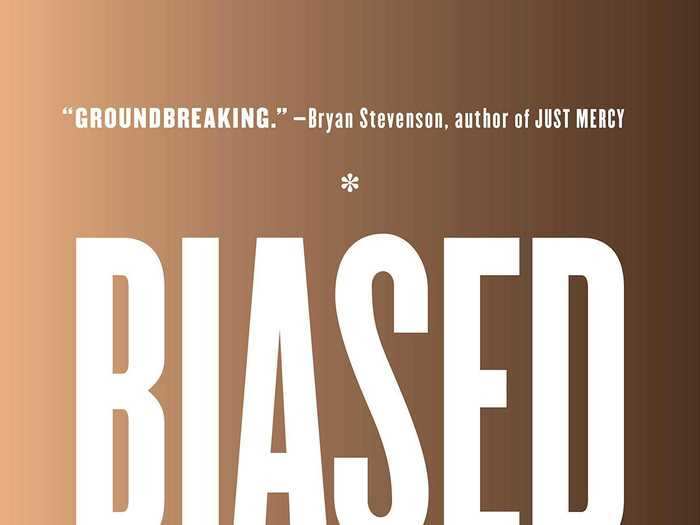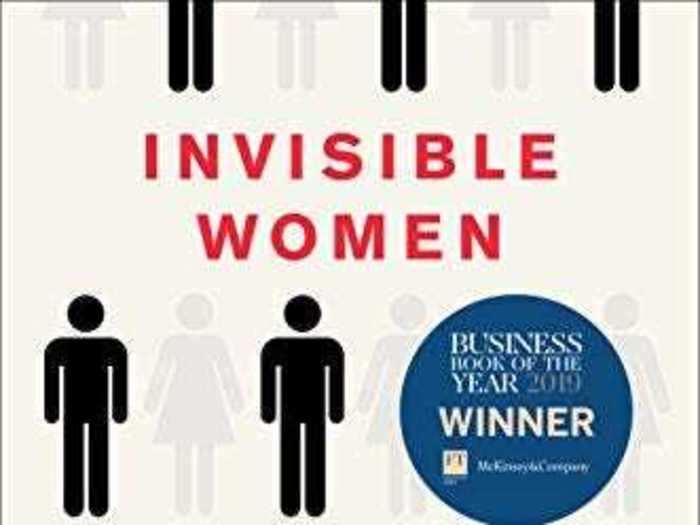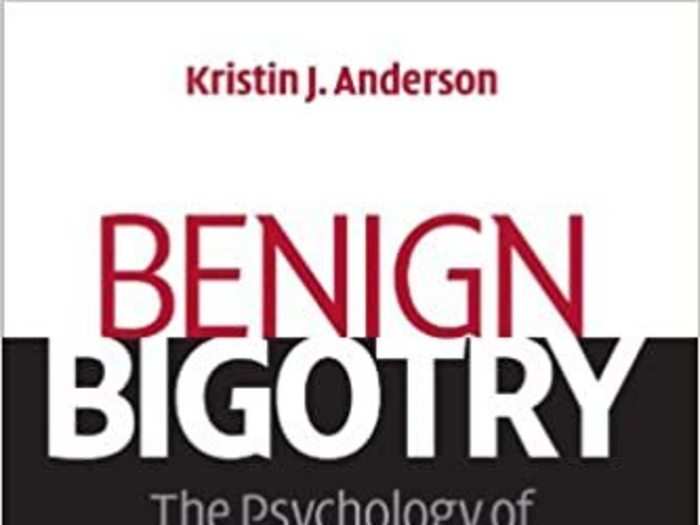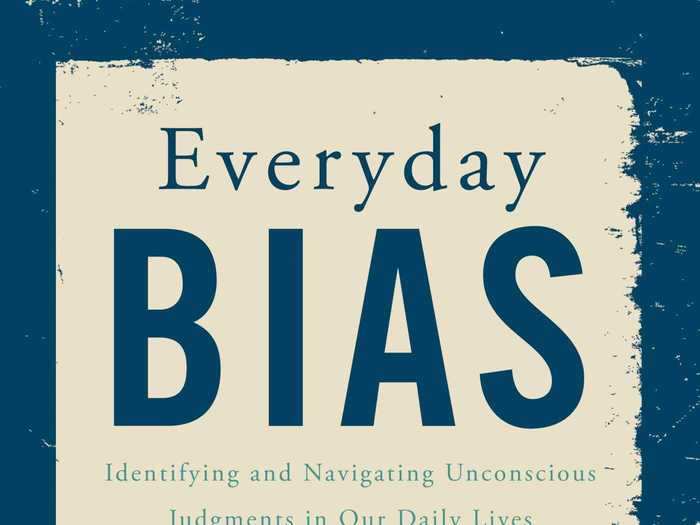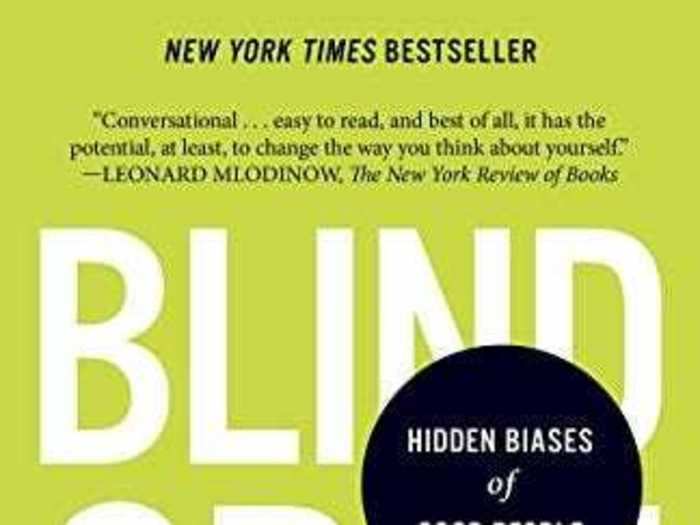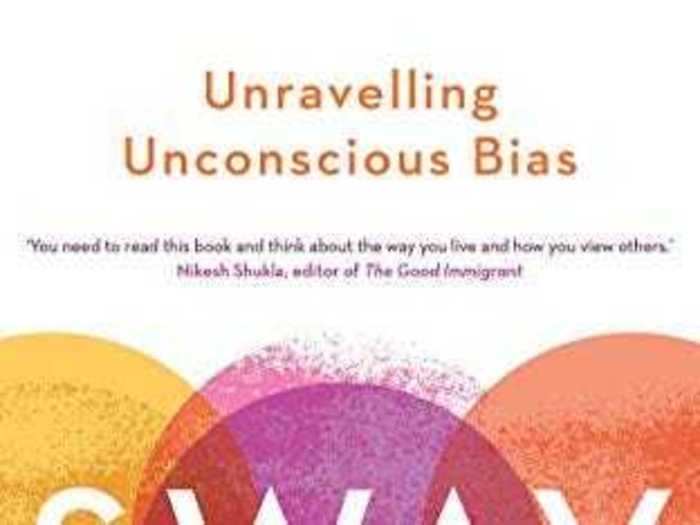Research shows unconscious biases develop at an early age, in childhood.Diignat/Shutterstock
- Decades of research shows that most people do have implicit bias that impacts the way they see others.
- These biases can lead to unfair, racist, or sexist outcomes.
- Psychologists and researchers have written on this topic. Here are several books to read to help you unlearn prejudice you might not know you have.
Most people like to think they're not racist, sexist, or have any other ill preconceived notion toward others. But unfortunately, research has shown, time and time again, that most of us do hold some implicit bias that skews the way we see the world, and each other.
Unconscious biases are social stereotypes about certain groups of people that individuals form outside their own awareness, according to the University of California, San Francisco's diversity and outreach office.
"Unconscious bias is far more prevalent than conscious prejudice and often incompatible with one's conscious values," the university experts explain.
If you're trying to recognize your own unconscious bias, it's important to educate yourself on what the science shows, and learn about ways to actually combat it. Here are several books to read to help you tackle prejudice you might not know you have.
"Biased: Uncovering the Hidden Prejudice That Shapes What We See, Think, and Do" by Jennifer Eberhardt
Penguin Random House LLC
Stanford University psychology professor Jennifer Eberhardt outlines reasons for bias of all kinds, including racial, religious, gender, age, and more. She then lays out science-backed strategies to change the way we think, to be more clear and fair.
Robin DiAngelo, the author of bestseller "White Fragility," said "This book should be required reading for everyone."
Buy it here>>
"Invisible Women: Data Bias in a World Designed for Men" by Caroline Criado Perez
Harry N. Abrams
Caroline Criado Perez, a British feminist, activist, and author, explains how so many systems in modern society treat men as the default and women as atypical. From the size of smartphones to how cars are designed, women are often an afterthought, and Perez reveals how it can have serious consequences.
Buy it here>>
"Benign Bigotry: The Psychology of Subtle Prejudice" by Kristin Anderson
Cambridge University Press
In "Benign Bigotry," Kristin Anderson, professor of psychology at the University of Houston-Downtown, debunks popular myths about perception, including that people "can't see" race. She offers strategies to combat bigotry you've probably never thought about.
Buy it here>>
"Everyday Bias: Identifying and Navigating Unconscious Judgments in Our Daily Lives" by Howard Ross
Rowman & Littlefield Publishers
In "Everyday Bias," Howard Ross, founder and chief learning officer of Cook Ross, a diversity and inclusion consulting company, walks readers through how bias impacts our working lives. Using examples from the #MeToo movement and bias in the partisan Trump era, Ross explores how we make many decisions about others without even realizing it.
Buy it here>>
"Blindspot: Hidden Biases of Good People" by Mahzarin Banaji and Anthony Greenwald
Bantam
In "Blindspot," psychologists Mahzarin Banaji and Anthony Greenwald explain the science of unconscious bias to the average reader, drawing on numerous studies to show how people don't have as much control over their initial thoughts as they might expect. The authors challenge readers to become more aware of their bias, thereby reducing its effect.
Buy it here>>
"Sway: Unravelling Unconscious Bias" by Pragya Agarwal
Bloomsbury Sigma
Pragya Agarwal, freelance writer and entrepreneur, tackles many important questions about unconscious bias in "Sway," such as, "What happens in our brains when our biases are activated?" and "How has bias impacted technology?" She outlines multiple ways for readers to start challenging their own misconceptions.
Buy it here>>

